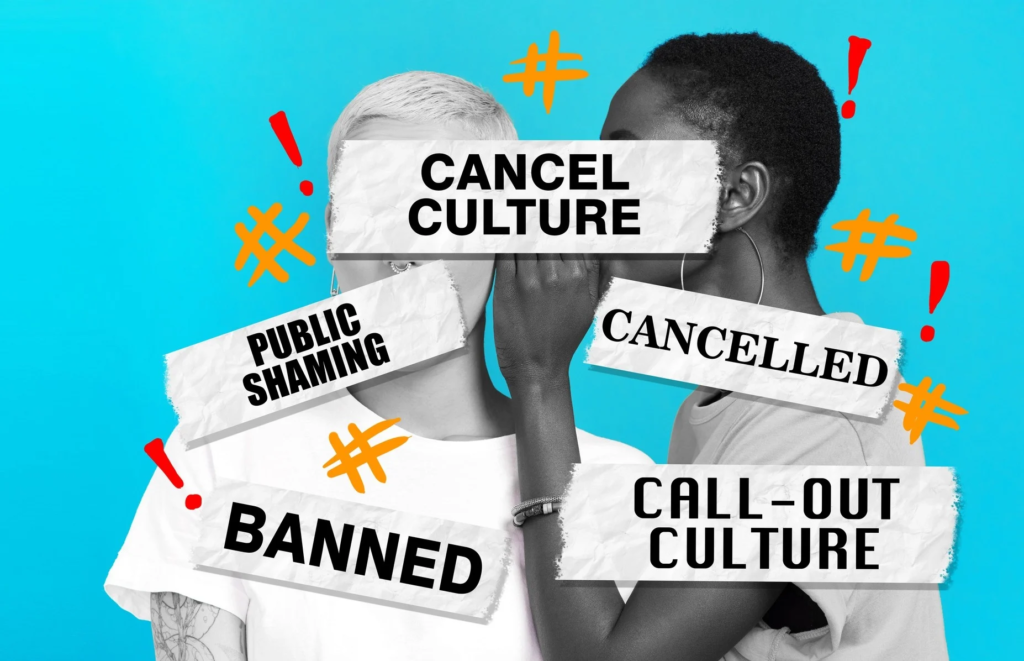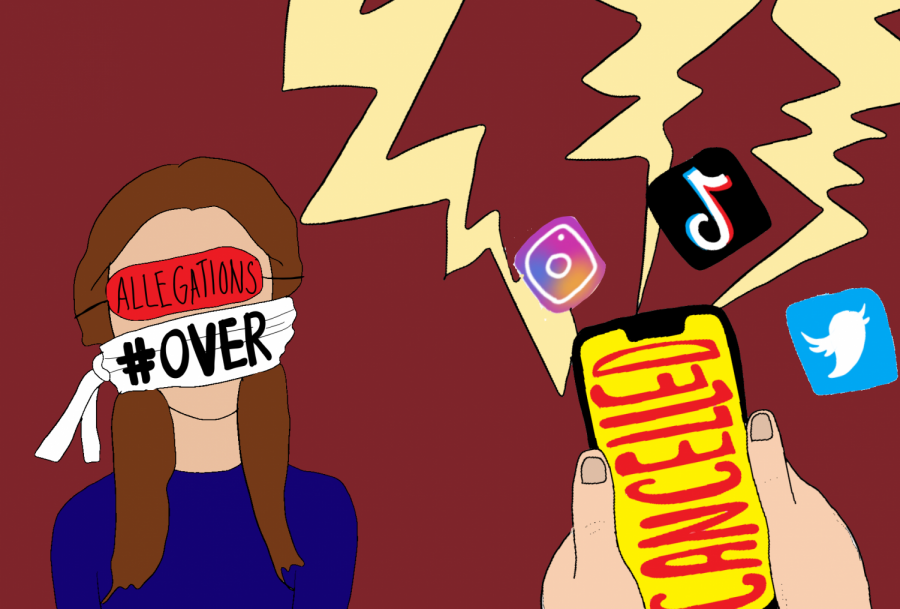Cancel culture in the United States has become one of the most talked-about and debated social phenomena in recent years. From celebrities and politicians to everyday people, many find themselves “canceled” for their words, actions, or beliefs. Some see cancel culture as a way to hold people accountable, while others argue it leads to unfair punishment and silences free speech.
This article explores what cancel culture means, how it started, why it has grown so rapidly, and the impact it has on society, careers, and public conversations in the U.S. today.
What is Cancel Culture?
Cancel culture refers to a social practice where individuals—usually public figures—face boycotts or public shaming, often on social media, for statements or behaviors deemed offensive or unacceptable. This backlash can lead to consequences such as:
- Loss of jobs or sponsorship deals
- Removal from projects or platforms
- Widespread criticism and social exclusion
Often, cancel culture arises after a viral post, tweet, or video sparks outrage. The goal is often to demand accountability, but the process and outcomes are often controversial.

Origins of Cancel Culture
Although the phrase “cancel culture” became popular in the 2010s, the idea of holding people accountable through public pressure is not new. Boycotts and social callouts have existed for many decades as tools for social justice.
What changed with cancel culture was the role of social media platforms like Twitter, Facebook, and Instagram. These platforms allow outrage to spread instantly, amplifying calls for accountability on a much larger scale than before.
Why Has Cancel Culture Grown So Quickly?
There are several reasons cancel culture in the United States has grown rapidly in recent years.
The Power of Social Media
Social media gives everyone a platform to speak out, share opinions, and organize collective responses. It allows people to expose wrongdoings and demand justice in real-time. However, it can also escalate situations quickly and sometimes unfairly.
Growing Awareness of Social Issues
Movements such as #MeToo and Black Lives Matter have raised awareness about harassment, discrimination, and inequality. As more people become aware of these issues, they increasingly expect accountability from those in power.
Public Demand for Accountability
Many people feel that traditional institutions like courts and corporations often fail to hold individuals accountable. Cancel culture has become a way for everyday people to enforce social norms and call out harmful behavior.
The Debate: Is Cancel Culture Good or Bad?
The rise of cancel culture in the United States has sparked a heated debate about its effects on society.
Arguments in Favor of Cancel Culture
Supporters argue that cancel culture promotes accountability. It ensures that people face consequences for harmful actions, particularly when legal or institutional systems fail to act. Cancel culture can also amplify voices of marginalized groups and force public figures and companies to reflect on their behavior.
Arguments Against Cancel Culture
Critics claim cancel culture suppresses free speech by punishing unpopular opinions. They worry it leaves no room for growth or learning from mistakes. Some also say cancel culture creates a “mob mentality,” where people are rushed to judgment without full context.
Cancel Culture vs. Accountability Culture
It is important to distinguish between cancel culture and accountability culture. Accountability involves listening to concerns, sincerely apologizing, and making efforts to improve. Cancel culture often skips this step and goes directly to punishment without offering opportunities for growth or repair. The difference lies in whether the intent is to promote justice or simply to punish.
Real-Life Examples of Cancel Culture
Several high-profile cases highlight the impact of cancel culture in the United States.
Kevin Hart stepped down from hosting the Oscars in 2018 after old tweets were found that many considered homophobic. Despite his apologies, the controversy affected his career.
J.K. Rowling faced backlash over her comments on transgender issues, leading to boycotts and debates about separating art from the artist.
Gina Carano was removed from the Disney+ series “The Mandalorian” after sharing politically controversial posts. Opinions were divided on whether this was justified or a case of political silencing.
These examples show how cancel culture blurs the line between free speech and consequences for offensive expression.
Cancel Culture and Politics
Cancel culture has become a major political topic in the United States. Conservatives often argue it is a way to silence dissent and impose “woke” ideology, while liberals see it as a tool to hold powerful people accountable. Political leaders and media personalities use cancel culture as a rallying point, making it a highly polarized issue.
Cancel Culture in Education and Academia
Universities and schools have also experienced the effects of cancel culture. Professors have been criticized or removed for statements seen as inappropriate or outdated. Some fear this limits academic freedom and open debate. On the other hand, many students feel empowered to challenge old ideas and demand a more inclusive learning environment.
The Impact on Careers
Being “canceled” can have serious consequences on someone’s career. Individuals may lose jobs, endorsements, or opportunities. Social reputations can be damaged for a long time, even if they apologize. Sometimes, people are canceled for comments made years or decades ago, which raises questions about forgiveness and personal growth.

Moving Forward: Is There a Better Way?
The challenge is to balance accountability without cruelty, free speech without allowing harm, and forgiveness without ignoring wrongdoing. Some suggest creating a “call-in culture” that encourages dialogue, learning, and growth instead of outright rejection and punishment.
Tips for Navigating Cancel Culture
Whether you are an individual, influencer, or business, here are some ways to avoid negative effects from cancel culture:
- Think carefully before posting content online.
- Own up to mistakes with genuine apologies and show willingness to change.
- Stay informed about social issues and language sensitivities.
- Listen openly to criticism and use it as an opportunity to improve.
Cancel Culture in the United States and Around the World
While cancel culture is most visible in the United States, it is a global phenomenon. Different countries respond differently, but American social media often shapes the global conversation. In some places, cancel culture can even be used by governments to silence dissent rather than promote justice.
Conclusion: The Future of Cancel Culture in the United States
Cancel culture is here to stay, reflecting deep tensions in society over justice, speech, and power. Whether it is a positive or negative force depends on how it is used. The goal should be to hold people accountable without destroying their lives unnecessarily. Finding this balance is the biggest challenge for the future.
Do Follow USA Glory On Instagram
Read Next – How the American Family Structure Is Rapidly Changing






